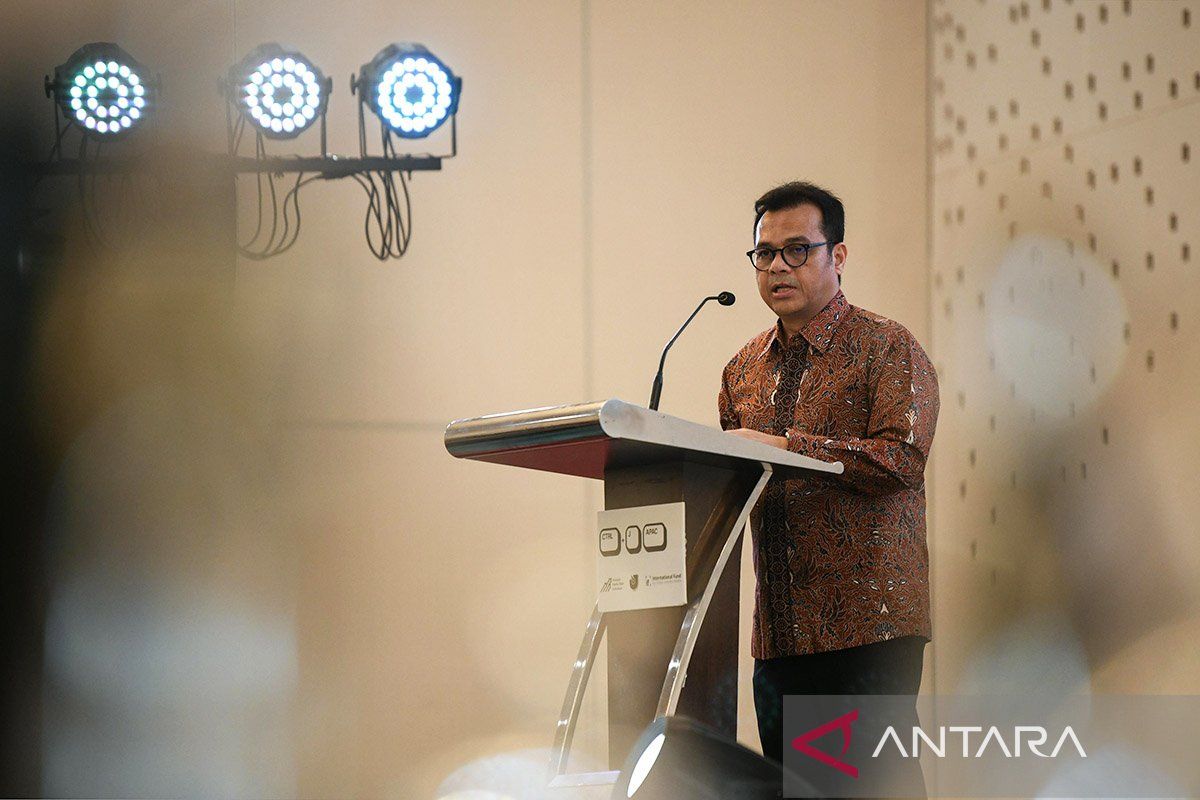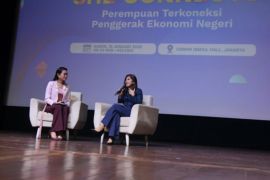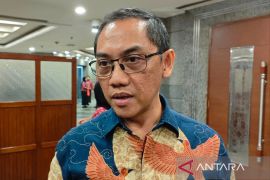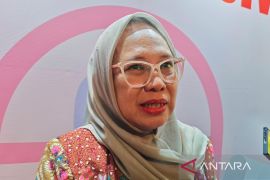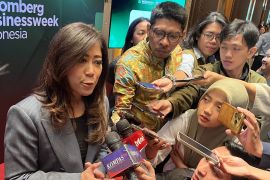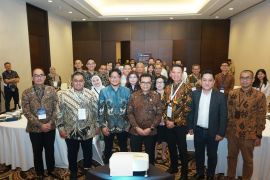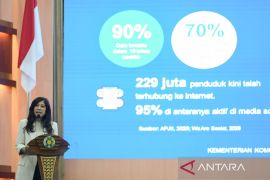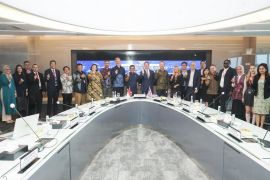“The ministry is committed to creating a digital space that is safe for all,” Deputy Minister of Communication and Digital Affairs, Nezar Patria, said in a statement issued here on Friday.
He affirmed that the ministry is building digital literacy, removing negative content, and collaborating with law enforcement agencies to crack down on digital crimes.
According to Patria, the biggest challenge today comes from the misuse of technology, such as deepfakes and artificial intelligence (AI), which is becoming more sophisticated.
He cited a Sensity AI report showing a 550-percent surge in deepfake cases since 2019, noting that 90 percent of them were used for malicious purposes.
“Women and children are the most affected. At least 11 percent of women aged 15 to 29 have experienced online gender-based violence from a young age,” he said.
Therefore, the Ministry of Communication and Digital Affairs has issued Government Regulation Number 17 of 2025 on the Governance of Electronic Systems in Child Protection.
“We hope that at the regional level, the dissemination of information can be more intensive for all stakeholders, especially in schools and communities,” he said.
The deputy minister emphasized the importance of digital literacy as a fundamental skill, along with building critical thinking skills for analyzing information and protecting data privacy.
“AI should be a companion for imagination and innovation, not a tool for harming others,” he stressed.
The Ministry of Communication and Digital Affairs has invited regional governments, communities, and families to participate in efforts to build a healthy and safe digital ecosystem to support inclusive digital transformation in the country.
Related news: Indonesian police, ministry conduct cyber patrols to detect deepfakes
Related news: Kominfo committed to protecting vulnerable groups from deep fakes
Translator: Farhan Arda, Raka Adji
Editor: Arie Novarina
Copyright © ANTARA 2025
